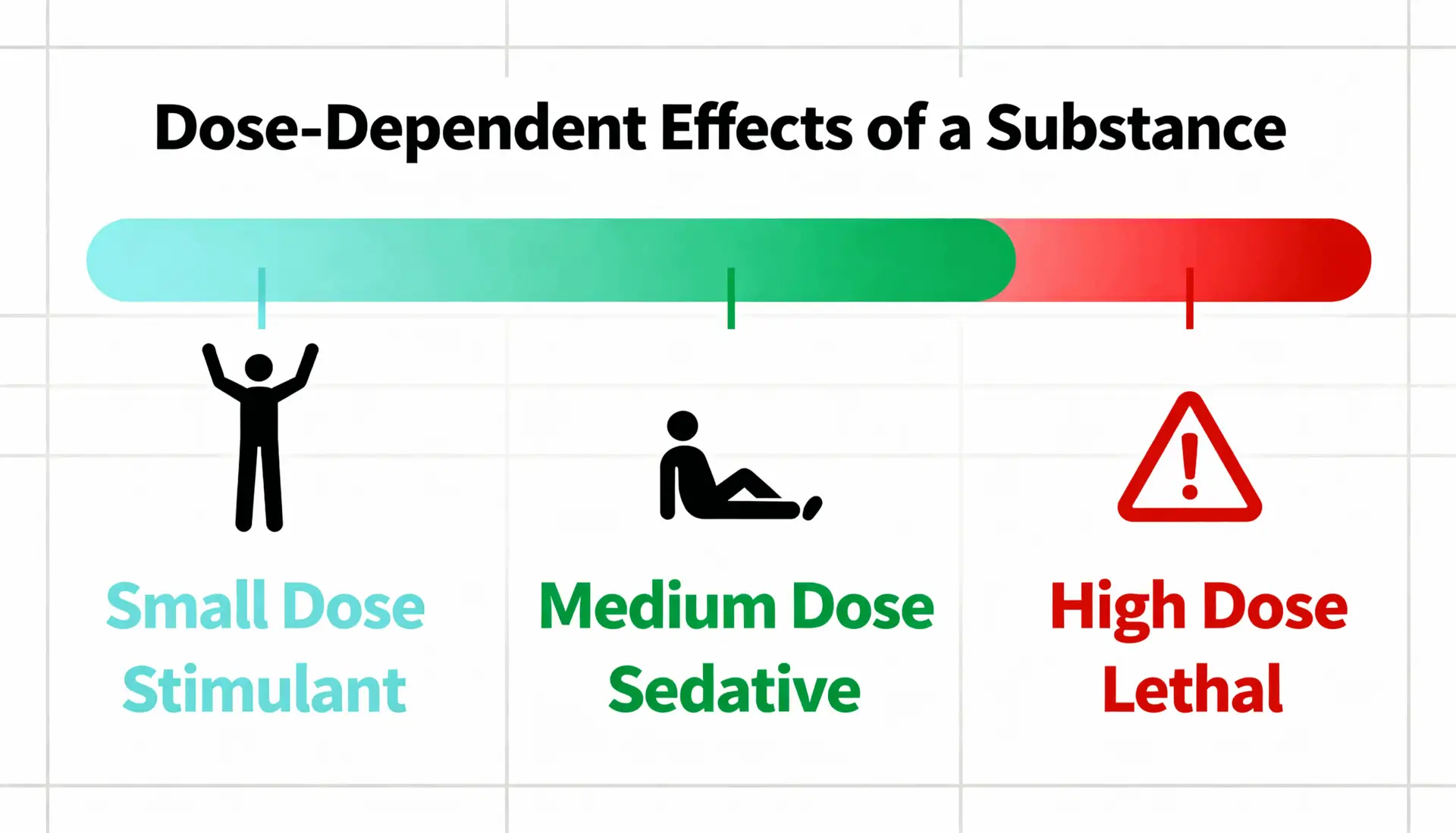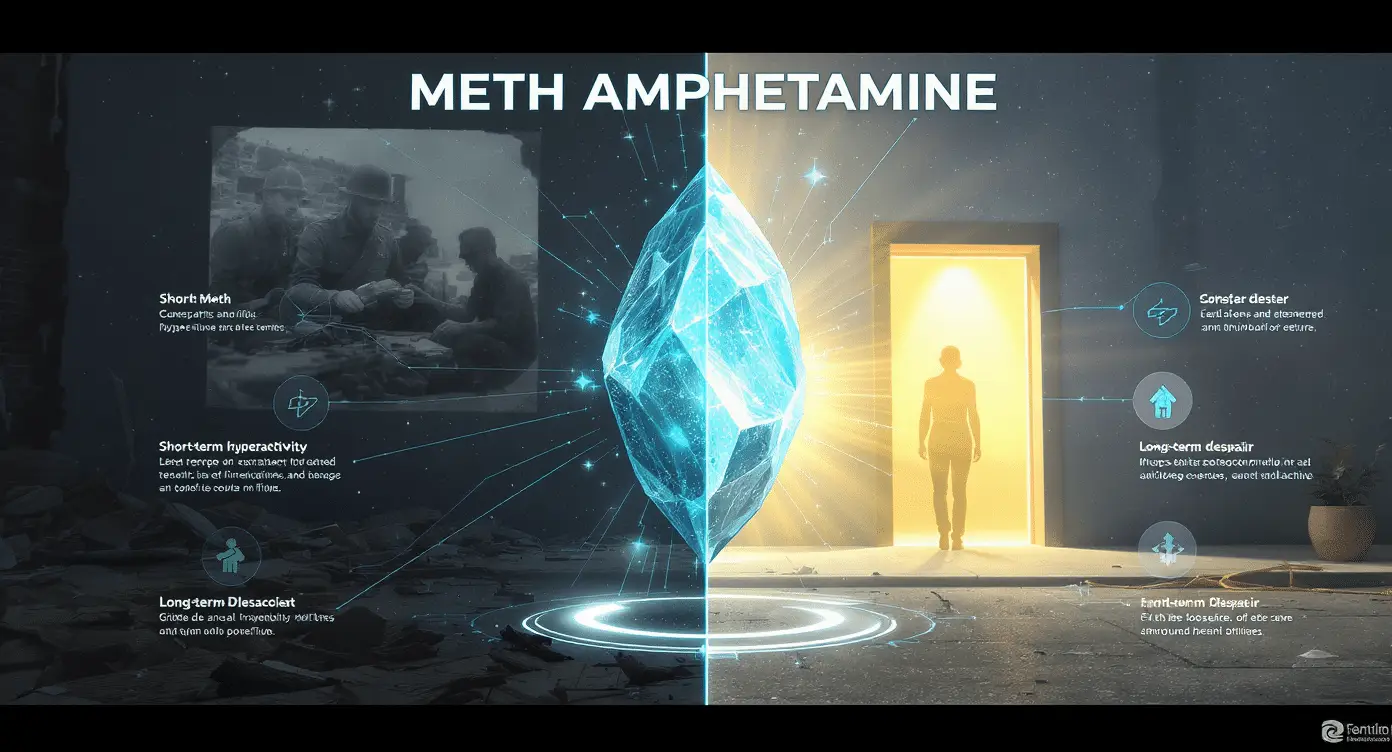Addiction doesn’t just affect the body—it twists the truth.
Lying, guilt-tripping, blame-shifting… these are not just bad habits. They’re part of how addiction protects itself. If you’ve ever felt confused, hurt, or unsure what to believe, you’re not alone. But you can learn how to respond—without being controlled.
Step 1: Expect Deception—and Prepare for It
When someone is addicted, lying becomes a survival mechanism. They may:
- Invent excuses for missing money or injuries
- Blame others for their failures
- Minimize or deny drug use
- Pretend to be sober to avoid confrontation
Expecting these tactics helps you avoid being shocked—or manipulated.
Step 2: Don’t Argue—Verify the Facts
It’s tempting to confront lies with emotion. However, facts are your best defense. For example:
- If money is missing, check bank statements
- If their story sounds off, confirm with a third party
- Keep written notes of promises or behavior patterns
Verification removes doubt and keeps you in control of the narrative.
Step 3: Set Emotional Boundaries
Addicted individuals often shift blame. They may say:
- “It’s your fault I use.”
- “You never supported me.”
- “You’re just trying to control me.”
Don’t engage in guilt-based arguments. Instead, calmly say:
“I’m here to help you get better. But I won’t be manipulated.”
Stand firm—even if they lash out.
Step 4: Involve a Support Network
You don’t have to face this alone. Bring in:
- Trusted family members
- Counselors or interventionists
- Support groups like Nar-Anon
- A treatment center like Narconon Europe – Drug Abuse Help
Together, you’re harder to deceive—and stronger in holding the line.
Step 5: Use Leverage for Change, Not Punishment
When lies are exposed, don’t just punish—redirect. You can say:
- “I’ll help you with this legal issue if you agree to rehab.”
- “We’ll talk again after a drug test or treatment intake.”
Using truth to motivate recovery is more powerful than blame.
👉 For more strategies on preventing manipulation and reclaiming control, explore our 14 Rules for Helping an Addict Without Enabling
❓ Frequently Asked Questions: Lies and Manipulation in Addiction
Why do addicted people lie so much?
Because addiction demands secrecy. Lying protects the habit from being challenged.
How do I know if I’m being manipulated?
If conversations constantly involve guilt, blame, or inconsistent stories—it’s manipulation. Trust your instincts and verify the facts.
Should I confront them when I catch a lie?
Only if you’re calm and have proof. Focus on redirecting the conversation toward help—not argument.
What if they say it’s my fault?
That’s classic blame-shifting. You didn’t cause the addiction. Set boundaries and stay grounded in facts.
Can honesty ever return in the relationship?
Yes, but it usually starts after the person enters recovery and commits to real change.



